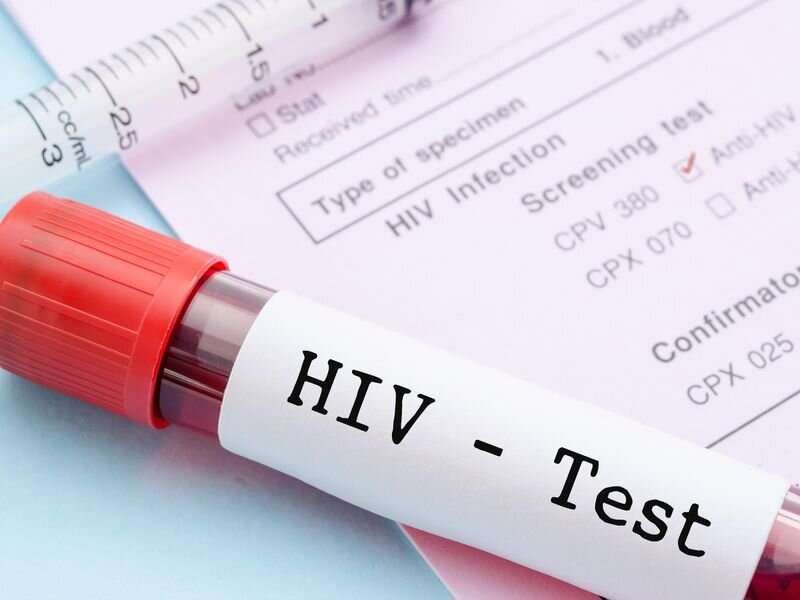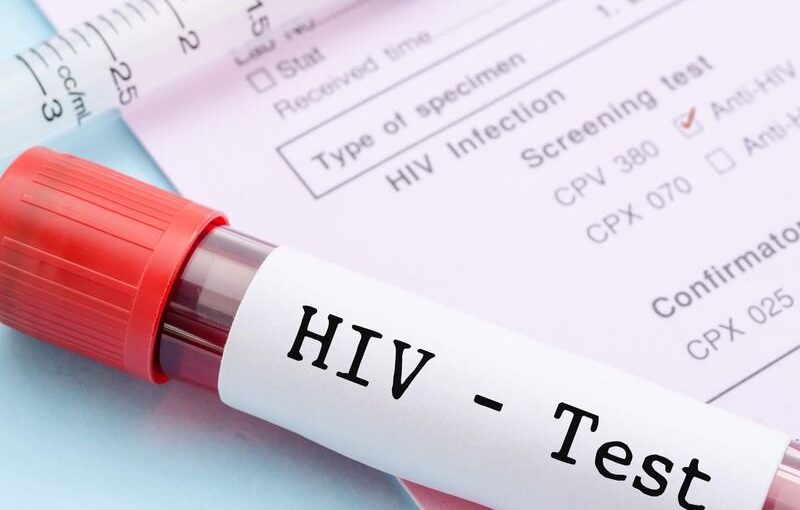
Since it began in 2004, a global effort led by the United States to combat HIV has dramatically increased the number of people it helps, a new government report shows.
In its report, the U.S. Centers for Disease Control and Prevention announced that the number of people receiving lifesaving HIV treatment through the President’s Emergency Plan for AIDS Relief (PEPFAR) has increased 300 times in under 20 years, to more than 20 million people in 2022.
PEPFAR, started by former President George W. Bush while he was in office, initially offered HIV antiretroviral therapy to just 66,500 individuals in 2004.
“PEPFAR’s efforts have dramatically altered the course of the global HIV epidemic,” CDC Chief Medical Officer Dr. Debra Houry said in an agency news release. “We must continue to build on this momentum if we are to eliminate HIV as a global public health threat by 2030. These investments are saving lives and creating a safer world for us all.”
The statistics, published March 14 in the CDC publication Morbidity and Mortality Weekly Report, show the treatments are indeed working: The numbers of people receiving HIV treatment through PEPFAR with a viral load test who subsequently tested as virally suppressed also increased, from 80% to 95% between 2015 and 2022.
This means their virus was under control, thanks to the treatment, which can also help prevent transmission to sexual partners and reduces the risk of transmission from mothers to children.
The CDC works with partners on the ground in more than 50 countries to improve methods for finding, treating and preventing HIV. It also supports more than 10,000 labs or testing sites worldwide, offering lifesaving treatment and surveillance systems to enable countries to understand which geographic areas require urgent HIV-related services.
Large CDC-supported household surveys in six African countries severely affected by HIV found increases in population viral load suppression rates between 2015 and 2021, according to the report. Viral suppression rates improved in Eswatini, Lesotho, Malawi, Uganda, Zambia and Zimbabwe. These increases in suppression rates ranged from a 13% increase in Lesotho to a 19% increase in Malawi, the findings showed.
But PEPFAR’s goals are even more aspirational now: Its five-year strategy aims to eliminate HIV as a global public health threat by 2030.
Since it began, PEPFAR’s efforts have helped countries respond to their HIV epidemics and strengthened their public health systems, the CDC report noted.
The agency reported that it has been at the forefront of PEPFAR’s efforts to strengthen health systems and help countries improve their responses to HIV, while also helping them prepare for future health threats.
Some examples include efforts in Uganda to expand lifesaving HIV treatment that have prevented over 600,000 deaths related to HIV and nearly half a million HIV infections since 2004.
In Eswatini, rates of new HIV infections were cut nearly in half and its national rate of HIV viral load suppression doubled between 2011 and 2016.
In Nigeria, the number of people newly diagnosed with HIV who started treatment increased eightfold in just 18 months, despite the ongoing pandemic.
Several groups still lag behind due to health inequities fueled by stigma and discrimination. Among those with lagging viral suppression rates are pregnant and breastfeeding women, children, adolescents and people living in prisons, the CDC noted.
Men also had lower viral load suppression than women, and young people had lower suppression compared to older people.
More information:
The World Health Organization has more on HIV.
Journal information:
Morbidity and Mortality Weekly Report
Source: Read Full Article
